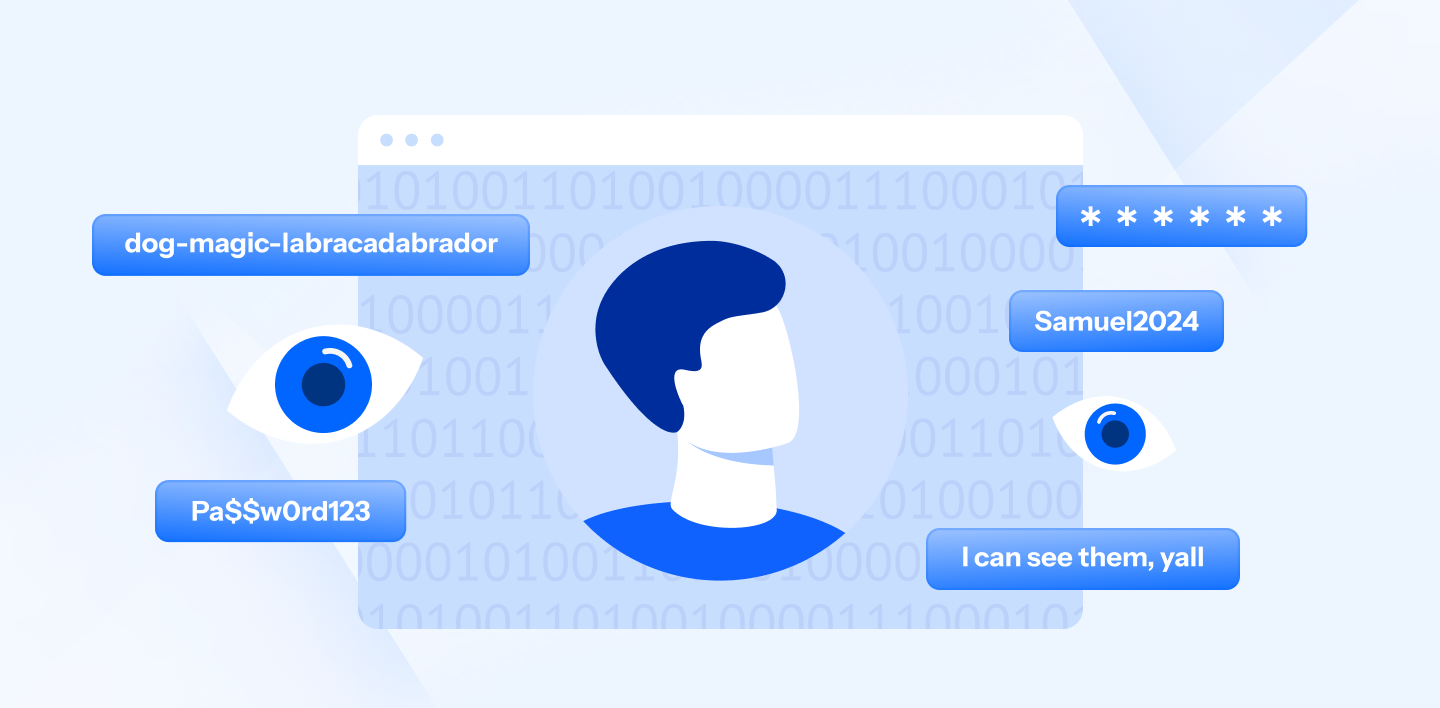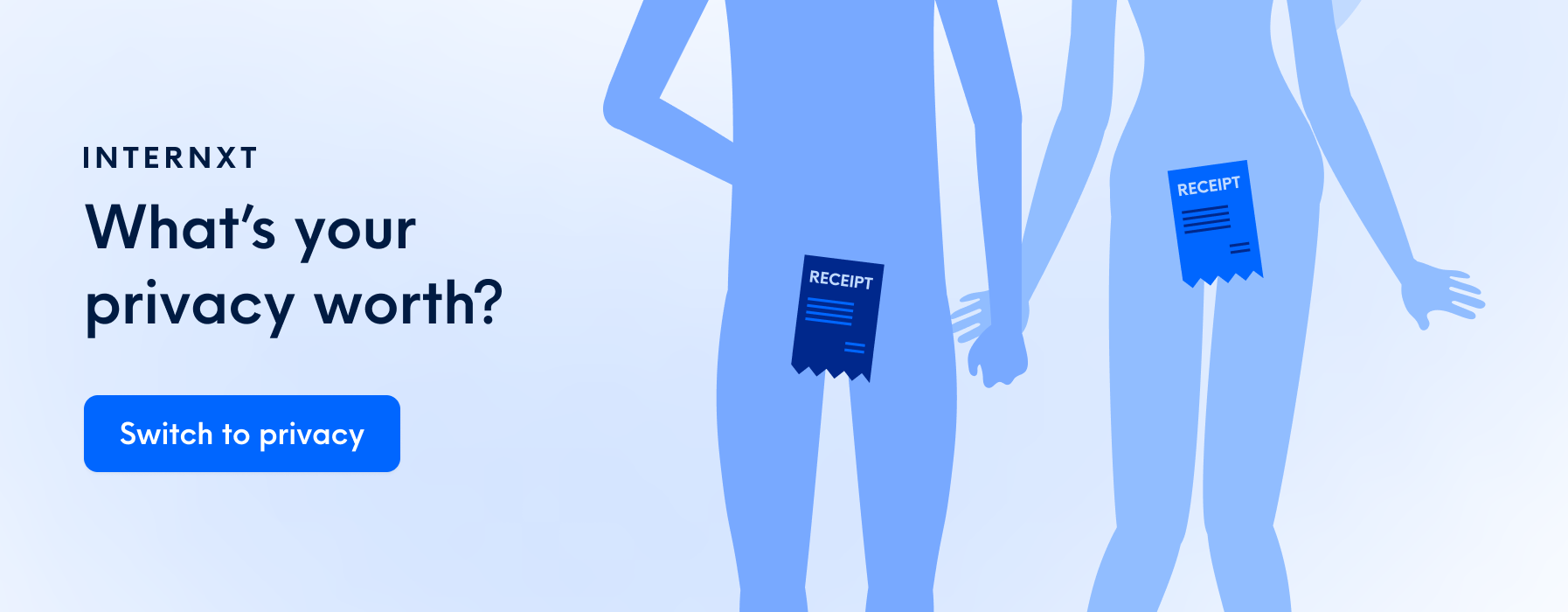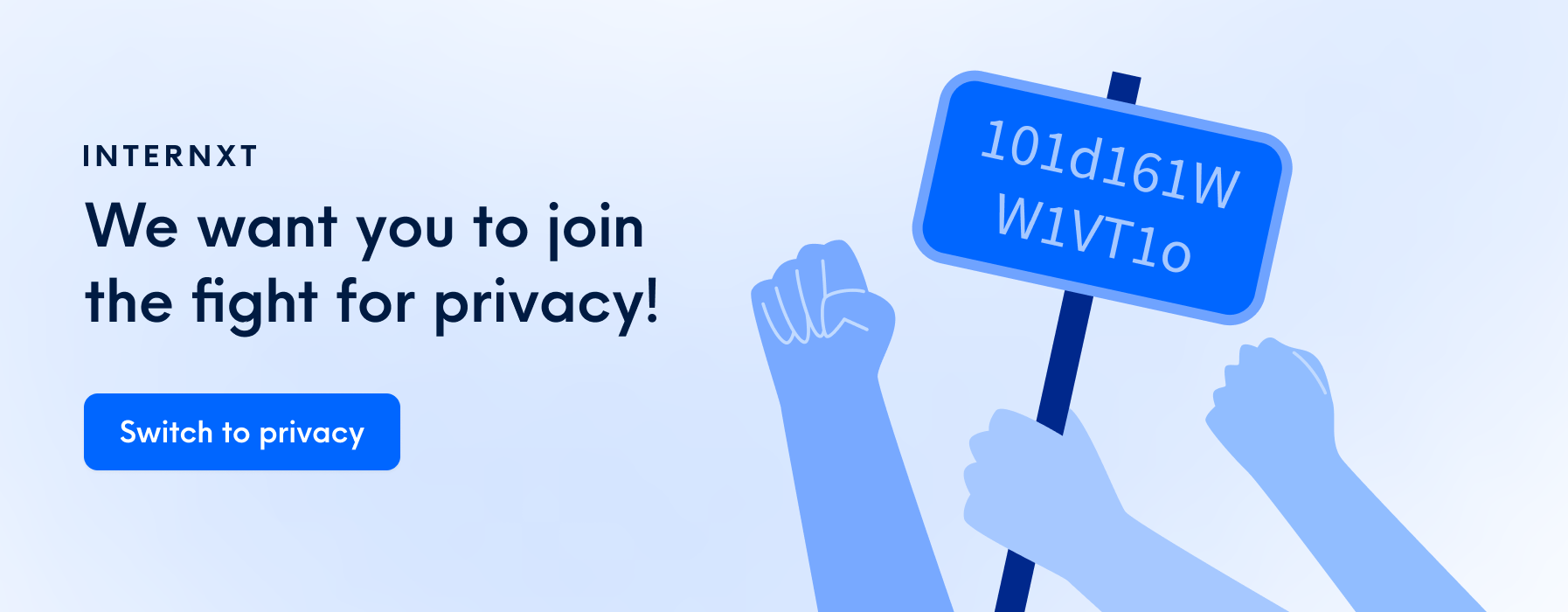Password vs Passphrase: What’s the Difference and Which is Better?

It’s almost impossible to use the internet without setting up a password, they are the heart of managing our accounts online. We all know the importance of preventing access to our accounts. Unfortunately, passwords are always at risk from hackers trying to access our accounts.
Even if you have the strongest password available, with one accidental click on a phishing email or spoofed website, we could accidentally give cybercriminals access to our accounts or sell our accounts on the dark web.
Fortunately, many options are available to protect our accounts, such as Face ID or other biometrics. However, this article will cover the topic of a password vs. a passphrase, how they are different, how to create them, their advantages, and more.
But first, here’s why it’s important to protect your accounts with a strong passsword or passphrase.
Table of contents
- Password vs passphrase security
- Pros and cons of using passwords
- Pros and cons of using passphrases
- Password vs passphrase: 7 mistakes to avoid
- 7 ways to ensure the security of your password or passphrase
- Alternatives to passwords and passphrases
Password security statistics
The following statistics show a very real risk to our passwords. When it comes to the password vs. passphrase debate, you should consider these statistics to help yourself and convince others to set up a strong password or passphrase.
- 80% of data breaches are due to stolen, weak, or reused passwords.
- 91% of people understand that reusing passwords is a security risk.
- Only half of internet users are somewhat familiar with best password security practices.
- Internet users who don’t use password managers are three times more likely to be affected by identity theft.
- 6 in 10 people admit to reusing passwords
- Only 12% of people always use unique passwords.
- 21% of individuals admit including their birth year in their password.
- Nearly 40% of people admit to sharing their personal passwords with others.
- 63% of social engineering attacks involve compromised credentials such as passwords.
- On average, brute-force password-cracking tools cost hackers $4 on criminal marketplaces.

There are many more statistics about passwords and the potential risks of not practicing good password cyber hygiene. To prevent them, let's look in-depth at how passwords and passphrases can prevent scams, hackers, and other common cyberattacks.
Password vs passphrase differences
A password is a string of characters between 6 and 16 characters long, although they should be a minimum of 12. They can (and should) contain a mixture of letters, numbers, and symbols. An example of a strong password would be this one, created by Internxt’s free password generator.
A passphrase is usually much longer and contains several random words, phrases, or sentences, like this example:
Password security relies on choosing a complex password, remembering it, and choosing something that can’t be easily guessed or cracked. This is why some users choose easy passwords to remember that contain personal information like their birthday or pet name, which could be easily guessed.
The most common passwords are:
- 123456
- 123456789
- qwerty
- password
- 12345
- qwerty123
- 1q2w3e
- 12345678
- 111111
- 1234567890
Anything similar to these is also at risk of being breached. To check the strength of your current passwords, we recommend using Internxt's Password Checker. This free tool analyzes the strength of your password and provides other useful information, as seen below:
Password vs passphrase security
Password vs passphrase security obviously depends on the kind of password you’re using. Typically, passwords contain a shorter string of characters, usually between 6 to 16 characters long, although a minimum of 12 characters is recommended.
They can (and should) include a mix of letters, numbers, and symbols. Still, passwords often rely on your ability to choose a complex enough combination to avoid being easily guessed, cracked, or leaked online.
Passphrases are generally much longer and consist of several random words, phrases, or sentences. This length makes them inherently more secure than a typical password. The number of characters increases the possible combinations, making it harder for cyber attackers to guess.
Passphrases can be easier to remember than random characters because they can be made from familiar words or concepts. When crafted well, they can still offer significant protection against scams and hackers.
The password vs passphrase question can be answered by using Internxt’s password checker, so let’s see for ourselves which one is more secure.
- Password vs. passphrase security: ?mxkb|cl,$QCv.
This password is 13 characters long and uses a mixture of upper and lowercase letters, numbers, and symbols.
Not bad, not amazing either. Now it is time for the passphrase.
- Password vs. Passphrase security: They$Els6e$Electricity$River$Saw
This passphrase consists of five words in upper and lower cases, separated by a special character, $.
As you can see, the passphrase would take a regular computer hundreds of years to crack, rather than the password, which would take around 32 years and is likely highly susceptible to brute-force or dictionary attacks.
Pros and cons of using passwords
Passwords have been around forever, and when used correctly, they can efficiently protect files for business, team, or personal use. The advantages of passwords are that they are quick and easy to create, especially with a password generator.
Most websites and services require only a short string of characters, making it easy for users to set up and remember passwords, especially if they use familiar words or patterns. However, this convenience has drawbacks, as cracking software makes passwords generally shorter and easily broken.
Another drawback is that people will reuse passwords without updating them, so any password leaked online poses risks to other accounts such as email, social media, or cloud storage accounts.
Pros and cons of using passphrases
Passphrases enjoy increased security due to their longer length and use of random and uncommon words, making them significantly harder to crack than passwords. Additionally, passphrases can be easier to remember than complex passwords when done correctly if they are built using familiar words or meaningful phrases.
Exercise caution when using passwords, however, as easy-to-guess phrases using words personal to you, like family members, or if they lack sufficient randomness.
Another disadvantage of passphrases is that they are more cumbersome to write, whereas passwords are much quicker. Still, it is better to take the extra time to enter a passphrase if it means your accounts are secure.
Password vs passphrase: 7 mistakes to avoid
The following mistakes often cause data breaches of personal or business accounts. Even though passphrases may win the password vs. passphrase debate, there are still mistakes you should avoid, which are:
- Using common or easily guessable combinations.
- Using famous quotes or song lyrics.
- Choosing passwords containing fewer than 12 characters, dictionary words, or easily guessable combinations.
- Using the same credentials for more than 6 months and not updating them.
- Using personal information, such as birthdays or names, in passwords or passphrases.
- Writing down your passwords and misplacing them/leaving them in the open.
- Forgetting to log out of public or shared devices.
To avoid these common mistakes, there are methods you can use in conjunction with creating a strong password or passphrase to add more security and ensure your accounts remain hacker-proof.

7 ways to ensure the security of your password or passphrase
When you have your password or passphrase created, here is how you can keep it protected against cyberattacks:
- Use a password manager to store and organize complex passwords for you so you don’t have to remember them.
- Use 12–16 characters for passwords, mixing uppercase and lowercase letters, numbers, and symbols.
- Passphrases should be at least 16 characters and consist of random words, symbols, or numbers.
- Use unique passwords and passphrases for each account.
- Enable multi-factor authentication (MFA).
- Change your credentials every few months.
- Learn to spot phishing emails asking for your credentials.
- Use a VPN to secure your connection and prevent unauthorized access to your network.
- Create strong passwords when sharing files online. Internxt Drive lets you password protect sensitive information to protect businesses and individuals from data leaks.
Alternatives to passwords and passphrases
If you want more secure and advanced methods to protect your accounts (which we always recommend), you have several options available that can be used individually to protect your iPhone and accounts or even access accounts without the need for a password.
Here are some new technologies to replace a password or passphrase or use as an additional security measure.
- Apple Face ID is a secure method to authenticate your login using your facial data to authenticate your request. Apple encrypts and stores your data on a separate chip which never leaves your device, so the data is completely secure.
- Touch ID: Each fingerprint is unique to everybody, and hackers can rarely access this type of biometric login, so in addition to using a password, touch ID will also maximize your account’s strength.
- Magic links: Some services send a one-use-only link to your email, which, once verified, will give you access to your account without using a password. Be careful, though, if you suspect anyone else has access or has hacked your email, they can send a magic link to your account, leading to more serious breaches.
- QR codes let you scan a QR code from a trusted device (like a phone) to log in to banking or other apps. This is used for secure authentication from the user holding the device. However, numerous QR code scams will send you fake websites and steal your accounts, so always verify the URL before entering sensitive information.
- Pins, like those used for your bank card, can also access laptops, phones, or other accounts. Similar to passwords, avoid easy-to-guess pins and change them frequently.

Password vs passphrase: Which is the best?
As we end the password vs passphrase debate, it’s clear that passphrases are better than passwords because they are longer, more accessible to remember, and less prone to software cracking.
However, a long, unique, and complex password can be just as secure as a passphrase, but ultimately, passphrases may have a slight edge in balancing security and usability.
Whatever option you choose, remain vigilant when dealing with your account security. If you suspect your password has leaked, change all of them immediately. Remember, you can use Internxt’s free password tools and our encrypted cloud storage to ensure maximum security online.

